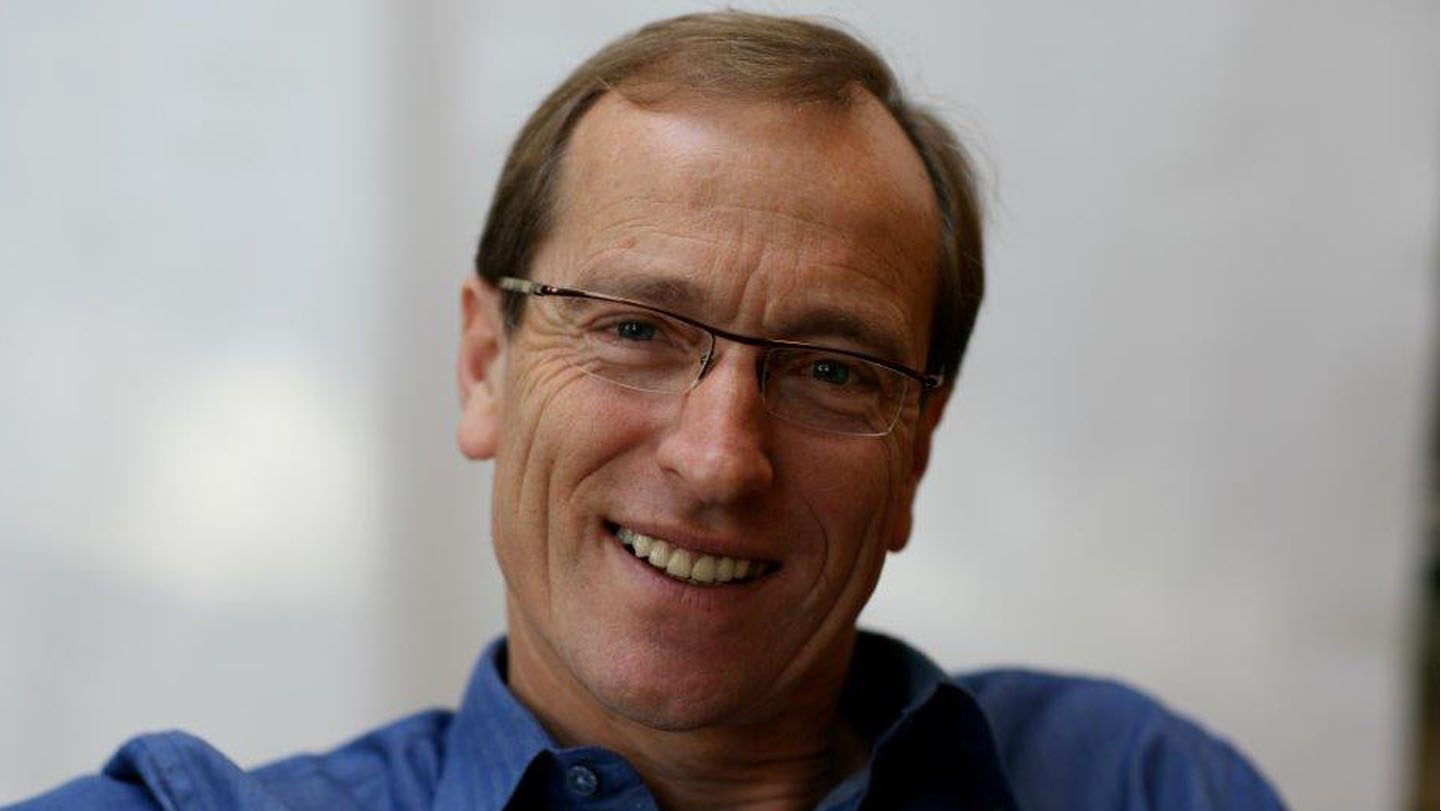The current Brexit crisis is grave and it also has dangerous side-effects. While the parliamentary fever rages other maladies are getting neglected in the UK. These are problems that Charles Handy once compared with slowly heating a frog in water. The frog doesn’t recognise, until too late, that the water will boil it to death.
Climate change is one example. The alarming loss of bio-diversity is another. There is the growing failure of our justice and prison system. And then there is the social care system. Polly Toynbee draws attention to this in a powerful article in yesterday’s Guardian entitled ‘While Brexit dominates, the crisis in social care is deepening’.
The immediate catalyst for Toynbee’s piece was the UK Court of Appeal ruling that care workers sleeping in on night shifts were not entitled to the minimum wage. This is yet another reminder that we are trying to fund social care on a cheapskate basis. It is no surprise that the private sector, having been previously encouraged by government to come in and offer institutional or domestic care, is now pulling out, having concluded the returns not to be justified by the risks. Too often private sector motivation has come across as short-term and extracting profit, not long-term and co-creating value. Trust in private sector solutions is therefore low in spite of some of the innovation that has been tried.
I have argued for some time that we need a new approach to social care – one that tackles social care region by region, and mobilises all the imagination, and resources of public sector, third sector, business, vocational training, university research and ordinary citizens. This approach would bring together in one place-based approach a plan covering health and care for people in their homes, in care homes, and in hospital.
Last year, Polly Toynbee tells us, the Care Quality Commission gave a third of care homes an ‘inadequate’ or ‘requires improvement’ rating. Staff turnover is almost 50% a year.
A Kings Fund and health Foundation report points to 12 Green or White social care papers since 1998. Meanwhile care has deteriorated so far that it would take another £15bn a year over the next decade just to restore it 2010 quality.
Alongside a fresh approach much more money will be needed. Lord Darzi’s report suggested that an increase of 1% in National Insurance payments and means testing winter fuel payments and other such additional benefits could solve the problem. I am not convinced by any suggestion that includes a tax on jobs but this would be better than inaction.
Toynbee concludes,
‘Meanwhile, under this government in paralysis, NHS beds stay blocked for lack of care homes; many elderly people are neglected and underpaid, undervalued staff are made to pay the price.’
I talked recently to a British citizen who had come here from Brazil. He was having a hard time. He had been made homeless after losing his job. Yet he told me how much he loves the tolerance of this country compared with Brazil or anywhere else he has traveled. We need to start reflecting this tolerance in the design of our political institutions. As with Brexit, we need to start using problem-solving techniques that focus voters’ minds on least-worst or optimal solutions that most people might broadly concede was fair, considering the alternatives. At present each attempt to solve the problem especially where public money is needed, is thwarted by the all-too-easy political fuss that can be whipped up by people who find it easy to resist tax rises. We need to confront our more selfish selves with this question:
‘so without more public money, what’s our solution to find the extra billions of pounds to pay for our care in our old age?’
